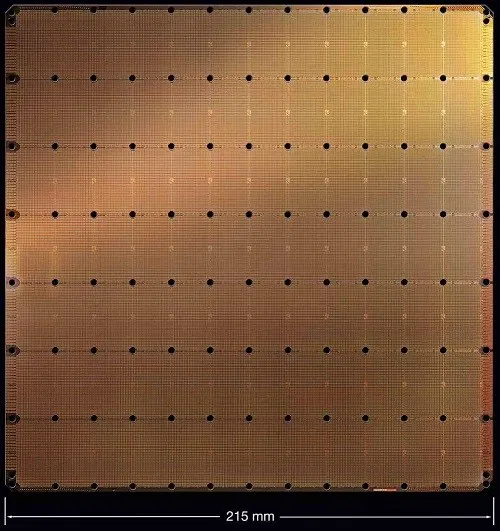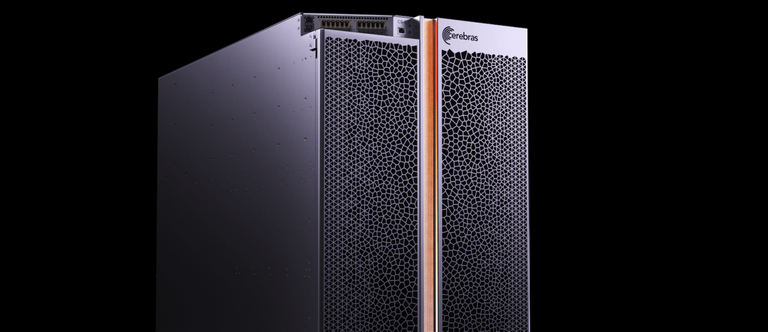The world’s most powerful AI computing chip has been developed
Researchers say recent tests on the world's largest computer chip have shown that it can predict future events "faster than the laws of physics." The Cerebras CS-1 chip, which has 1.2 trillion transistors, speeded up the simulation of combustion in a power plant 200 times faster than a supercomputer. The 462 cm2 chip analyzed more than 1 million variables, ranging from temperature changes to 3D air vibrations, so fast that it was able to show faster than real time that what will happen next.

Developed in partnership with the US Department of Energy's National Energy Technology Laboratory, Serebras CS1 has been described as "the world's most powerful artificial intelligence computer system." It has 22 times more transistors than the recently announced Nvidia A100 80GB chip for state-of-the-art supercomputers.
In a blog post, Serebras wrote: "This has paved the way for significant advances in the performance of scientific computing." According to the blog: “CS1 is the first system that has performed well in real-time simulation of more than one million fluid sales. This means that when CS1 is allowed to make a simulation of a power plant based on its current operating conditions data, it will tell you future events even faster in the time then it takes with the laws of physics.
A study on this development was presented at the Super Computing Conference SC20 last week. This research has yet to be reviewed by other scientists and experts. The chip's extensive computing power will be used to simulate real-world scenarios and train neural networks.
The company has also mentioned another chip with 2.6 trillion transistors that will make more complex real-world simulations. At the same time, questions are being raised about matrix-style computer simulations that speculate on the nature of reality and existence.
According to the simulation hypothesis presented by Felice Nick Bostrom in 2003, large-scale computing power will be used in the future to run real-world simulations of the universe. This assumption has also been promoted by tech billionaire Elon Musk, who claims that it is 99.99% possible that the universe we live in, is a computer simulation.
"40 years ago we had pong," he told at a conference in 2016. 40 years later, we now have photorealistic 3D simulations that millions of people are playing at the same time and are getting better and better. Whatever rate of improvement you think, it will be impossible to tell the difference between these games and reality."

The creation of simulations on the surface of a realistic universe is still a long way off, and would not be possible with the use of traditional computers. However, very powerful quantum computers can pave the way for S-simulation. If this is not possible even on a small scale, then theoretically it will be possible to make accurate predictions about the future with this technology.
According to a thought experiment presented by the French polymath Pierre Simon Laplace, past and future events can be calculated by the laws of physics if we know the exact location and velocity of the atom.
The Laplace's Satan experiment, which came to light in 1814, was based on an "intelligence" that could "predict the past and the future by calculating the location of all the things that make up nature." In his Philosophical Essay on Probabilities, Laplace wrote: "Nothing will be uncertain for this intelligence and the future will be before his eyes like the past."
Thank you for reading! Stay Safe!👋😌
Resources:
0
0
0.000
Hello @munawar1235.
An extraordinary content that you share with us in this opportunity related to the important and essential development of the most powerful computer chip up to now, you share with us important characteristics of it that allow us to have an idea of how powerful this computer chip is.
Thank you for sharing such important content with all of us. Successes.
Thank you for your appreciation.